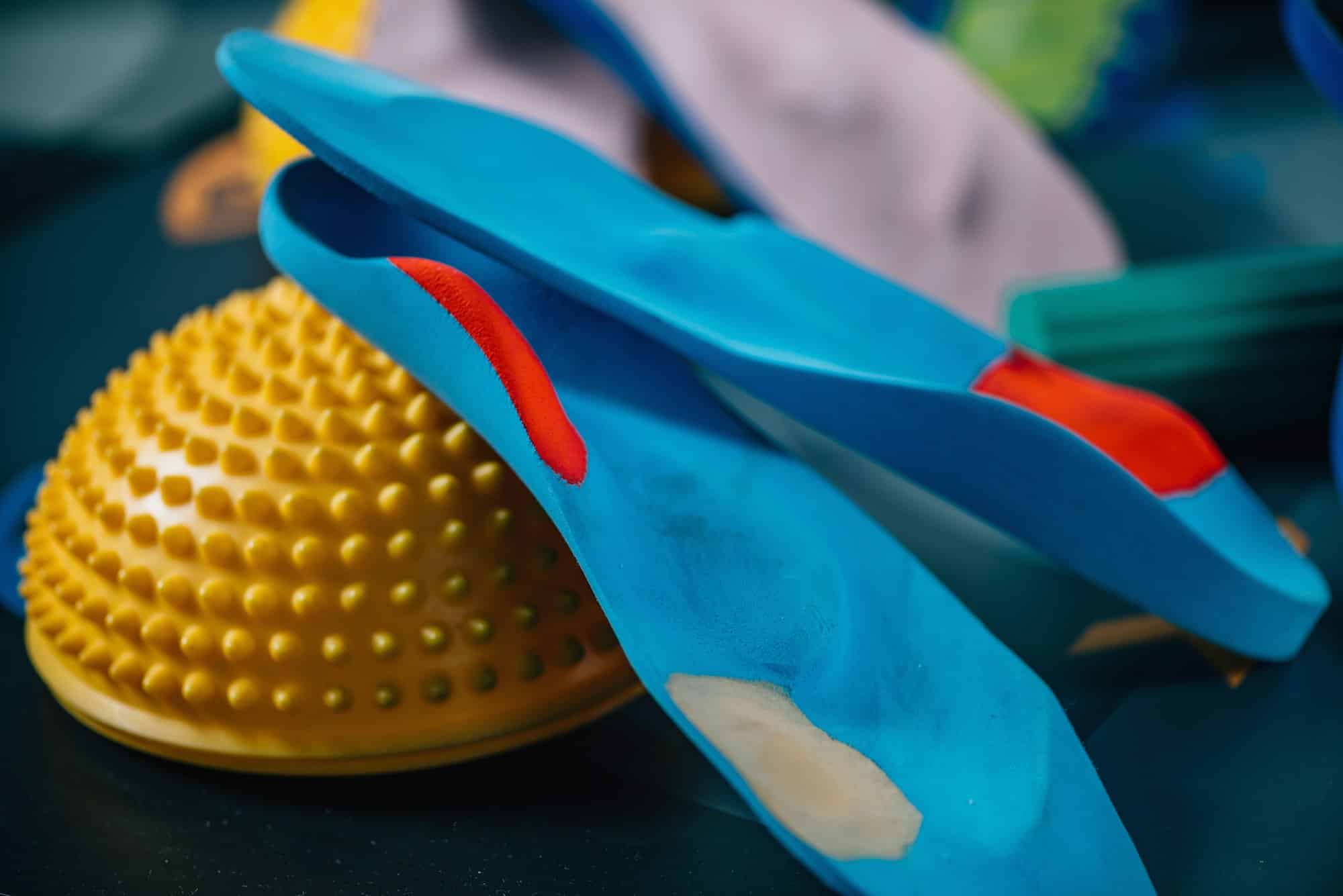Deciding on the perfect type of thermal insoles for your work shoes doesn’t have to be a daunting task. It’s all about understanding your own needs and knowing what to look for. With the right information, you can find high-quality insoles that provide the right amount of support, comfort, and heat, making your workdays more bearable and your feet happier.
The Importance of Quality Insoles in Your Work Shoes
Wearing the right work shoes can significantly improve your comfort and productivity. However, the importance of quality insoles is often overlooked. Insoles play a critical role in your footwear, and choosing the right type can greatly enhance the comfort and performance of your shoes.
Avez-vous vu cela : What’s the Best Strategy for Styling a Silk Square Scarf with a Structured Suit?
Insoles provide arch support, which is essential in maintaining proper foot alignment. They cushion your feet, absorbing shocks from walking or standing and reducing stress on your feet. Insoles can also help prevent or alleviate foot pain and conditions such as plantar fasciitis and flat feet.
Moreover, thermal insoles add an extra layer of warmth, making them ideal for colder weather or those working in cold environments. Choosing the right kind of thermal insoles not only increases comfort but also protects your feet from low temperatures.
Dans le meme genre : What’s the Best Way to Wear a Quilted Vest over a Dress Shirt in a Business Casual Office?
Understanding Your Foot Arch and Choosing the Right Support
Knowing your foot arch type is crucial when choosing insoles. Your arch type affects how your feet distribute weight, and the right insole will provide the necessary support to keep your feet comfortable.
There are three main types of foot arches: normal, flat, and high. Normal arches generally have balanced weight distribution, but may still benefit from a good insole for optimal comfort. Flat feet, on the other hand, need insoles with pronounced arch support to relieve pressure on the heel and forefoot. High arches need substantial arch support and deep heel cups to stabilize the foot and distribute weight evenly.
Many companies, such as Superfeet, offer a range of insoles designed for different arch types. It is essential to find an insole that properly fits your arch type and provides the necessary support.
Assessing the Material and Thermal Properties of Insoles
The material of your insoles also greatly affects their comfort and thermal properties. Different materials provide various levels of cushioning, support, and heat retention.
Foam insoles are lightweight, offer good cushioning, and can retain a fair amount of heat. They are a common choice for those seeking comfort and warmth. Gel insoles provide excellent shock absorption and are suitable for jobs that require a lot of walking or standing.
Wool or shearling insoles are highly regarded for their thermal properties. They provide excellent insulation and are ideal for extremely cold conditions. However, they may lack the same level of support as foam or gel insoles.
When choosing the material, consider your work environment and the type of support you need. The best choice will be the one that provides a balance between comfort, support, and warmth.
Considering the Size and Fit of Your Insoles
Size and fit are crucial factors when choosing insoles. An improperly fitted insole can cause discomfort and even exacerbate foot problems.
Insoles come in full-length and 3/4-length versions. Full-length insoles replace the existing insole in your shoe, while 3/4-length insoles fit on top of it. The right choice depends on your preference and the amount of room in your shoes.
Insoles also come in different sizes. It’s important to choose the right size for your shoes. A too-small insole won’t provide enough coverage, while a too-large insole can cramp your foot or cause it to slide.
Remember that your feet may swell during the day, especially if you stand or walk a lot at work. Consider this when choosing the size of your insoles.
Looking into Special Features and Your Specific Needs
Insoles come with various special features that cater to specific needs. For example, some insoles have antibacterial coatings to keep your feet fresh, while others have memory foam for extra comfort.
There are orthotic insoles designed to correct foot posture and relieve pain. These can be helpful if you have specific foot conditions or chronic foot discomfort.
If you work in a wet environment, you might want to consider waterproof insoles. These keep your feet dry and warm, improving your comfort.
In the end, the right kind of thermal insoles for your work shoes will depend on your unique needs. Consider your foot type, the type of support you need, the material you prefer, and any special needs you might have. With careful consideration, you will find the perfect pair of insoles that will keep your feet comfortable and warm throughout your workday.
Evaluating the Lifespan and Durability of Your Insoles
A key aspect to consider when selecting thermal insoles for your work shoes is their lifespan and durability. The frequency of use, type of work, and care of the insoles are factors that can influence their longevity.
Durable insoles are typically made of resilient materials that can withstand heavy use over time. Usually, insoles made of foam, gel or a combination of both, are proven to be durable and long-lasting. They can resist wear and tear even under high-stress work situations.
In general, insoles should be replaced every six to twelve months, but if you notice any signs of damage, such as splits, cracks, or worn-out areas, it might be time to invest in a new pair. Durability is of paramount importance for people who work long hours on their feet, as wearing worn-out insoles can lead to discomfort and foot problems over time.
Maintaining your insoles is equally important. Some insoles are machine-washable, while others require hand cleaning. Make sure you follow the care instructions provided by the manufacturer to prolong the lifespan of your insoles.
The Impact of Thermal Insoles on Workplace Productivity
The benefits of using thermal insoles go beyond just personal comfort. They can also have a profound impact on workplace productivity.
Workers who are comfortable are likely to be more productive. Feet that are warm and well-supported can help maintain focus and efficiency throughout the working day. In cold work environments, thermal insoles can help keep feet protected from low temperatures, which can lead to increased productivity and a decrease in time lost due to discomfort or injury.
Cold feet can also become a distraction, leading to decreased concentration and reduced work efficiency. By using thermal insoles, you are not just investing in your own comfort but also in your workplace productivity.
Remember, investing in high-quality thermal insoles is an investment in your health, comfort, and productivity.
Conclusion
Choosing the right kind of thermal insoles for your work shoes involves considering several factors, including your foot arch, the type of support you need, the material of the insole, size, special features, durability, and the impact on your workplace productivity.
By taking all these factors into account, you can find the insoles that are the perfect fit for you and your work shoes. Don’t underestimate the importance of this decision; the right thermal insoles can make a world of difference in your comfort and productivity at work.
Remember, your feet carry you through your workday and need to be properly cared for. Investing in the right kind of thermal insoles is a step in the right direction towards ensuring comfort, support, and warmth for your feet.















